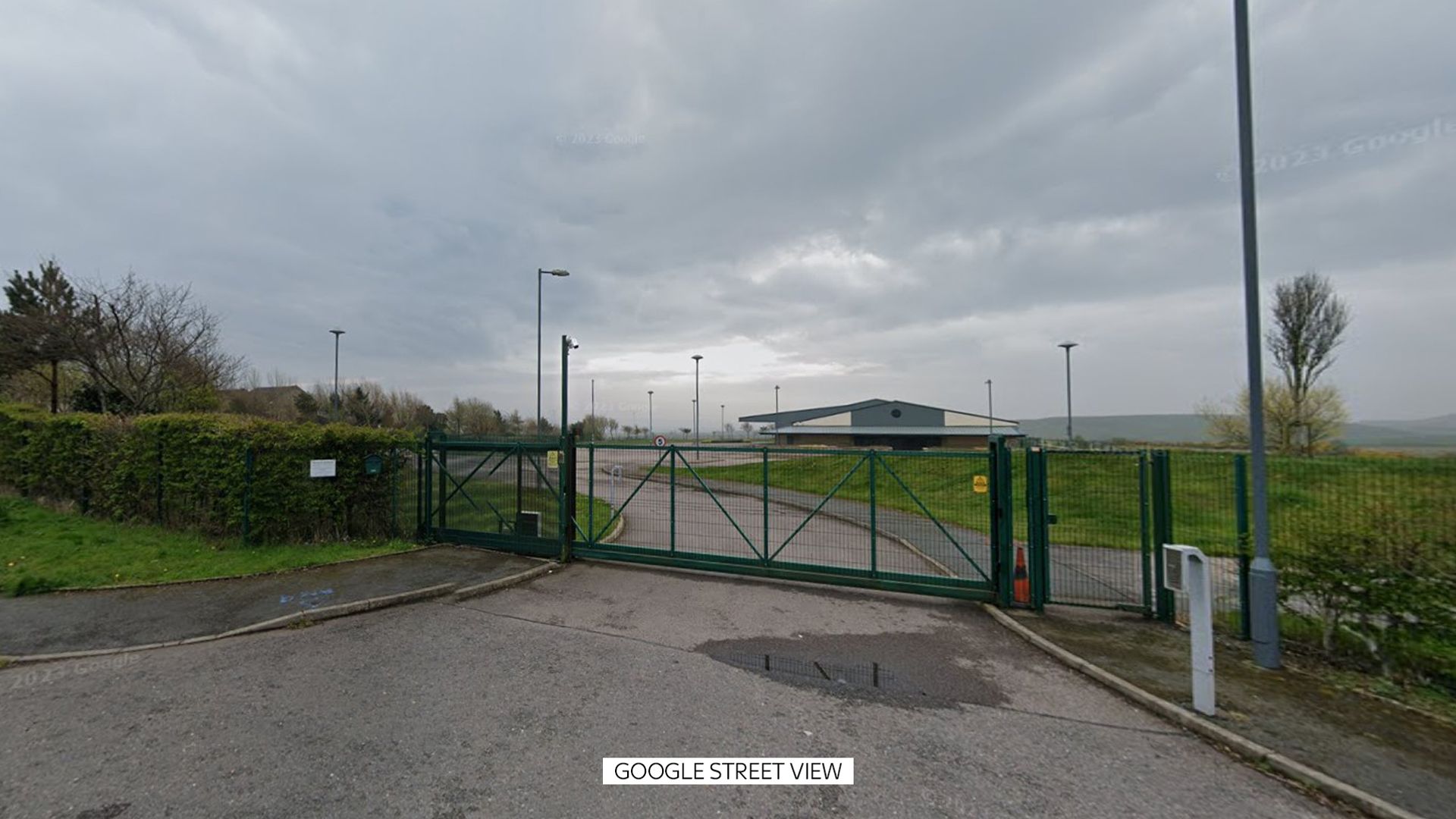Scottish Justice Secretary Keith Brown has said there are no transgender prisoners with violence convictions against women in the female prison estate.
It comes amid the Scottish Conservatives’ call for First Minister Nicola Sturgeon to make a statement to Holyrood to clarify government policy following a pause on the transfer of transgender inmates.
The issue has been in the spotlight following the controversial court case of transgender double rapist Isla Bryson.
The 31-year-old was remanded in custody pending sentencing next month. Following her conviction last week, she was initially taken to Cornton Vale prison near Stirling – Scotland’s sole women-only facility.
Following public outcry, the Scottish Prison Service (SPS) moved Bryson to another prison on Thursday.
The row continued over the weekend when reports emerged that Tiffany Scott – who had been convicted of stalking a 13-year-old girl before her transition from Andrew Burns – would be sent to a female unit, reports which were denied by Mr Brown.
On Sunday, the justice secretary announced a pause to transgender prisoners with convictions for violence against women being moved to the female estate, along with an urgent review of the handling of the Bryson case.
Scottish castle with Disney connections covered in pink for major restoration
Scotland’s teachers ‘won’t back down’ with strike action amid warning jobs could be lost as councils seek to ‘balance their books’
Sky-gazers spot rare and vivid ‘mother-of-pearl’ cloud in Scotland
Speaking on Monday, Mr Brown said a decision on Scott’s placement “wasn’t taken” and had not been given approval from the risk management authority.
He also said he understands that none of the five trans women currently in the female estate has a history of violence against women.
Mr Brown said: “This changes, as you can imagine, on a regular basis, but my understanding is there are no transgender women in the female estate that have violence against women convictions.”
However, he added that, in exceptional circumstances, a trans woman could be moved to the female estate, but that would require the approval of Scottish ministers before a decision is taken.
Mr Brown said the SPS is “taking their time” to make sure they get the review “right”, adding that the Scottish government will look at creating a specific unit for trans prisoners if that is what the review recommends.
Asked if Bryson and Scott are transgender women or violent males attempting to manipulate the system, Mr Brown said: “If someone presents as a trans person, then we accept that at face value; what we do not accept is that that gives them the right to go to the prison estate of their choosing.”
Read more:
Scotland pauses movement of all transgender prisoners while rules reviewed
Transgender rapist in women’s prison in Scotland ‘raises safety fears’
Transgender woman found guilty of rape when she was a man
Tensions around the issue of gender recognition have been heightened in recent months by the passage of Scotland’s Gender Recognition Reform (Scotland) Bill in December – legislation that would make it easier for trans people to obtain a gender recognition certificate.
Opponents of the Bill raised concerns about the impact on women and girls, while its supporters said it is a minor administrative change.
The UK government moved to block the Bill from becoming law by using, for the first time, Section 35 of the Scotland Act.
‘Nicola Sturgeon needs to explain her government’s shambolic mess’
Following the pause of the transfer of transgender inmates, the Scottish Conservatives have called on Ms Sturgeon to make a statement to MSPs this week.
Scottish Tory shadow community safety minister Russell Findlay said: “After days of SNP chaos, confusion and U-turns, Nicola Sturgeon must come to parliament as a matter of urgency.
“She needs to explain her government’s shambolic mess and make clear how the safety of female prisoners can be guaranteed.”
He added: “But a ‘pause’ on criminals with a history of violence against women being housed in female prisons does not go far enough.
“We need a permanent ban to safeguard vulnerable female inmates.”








